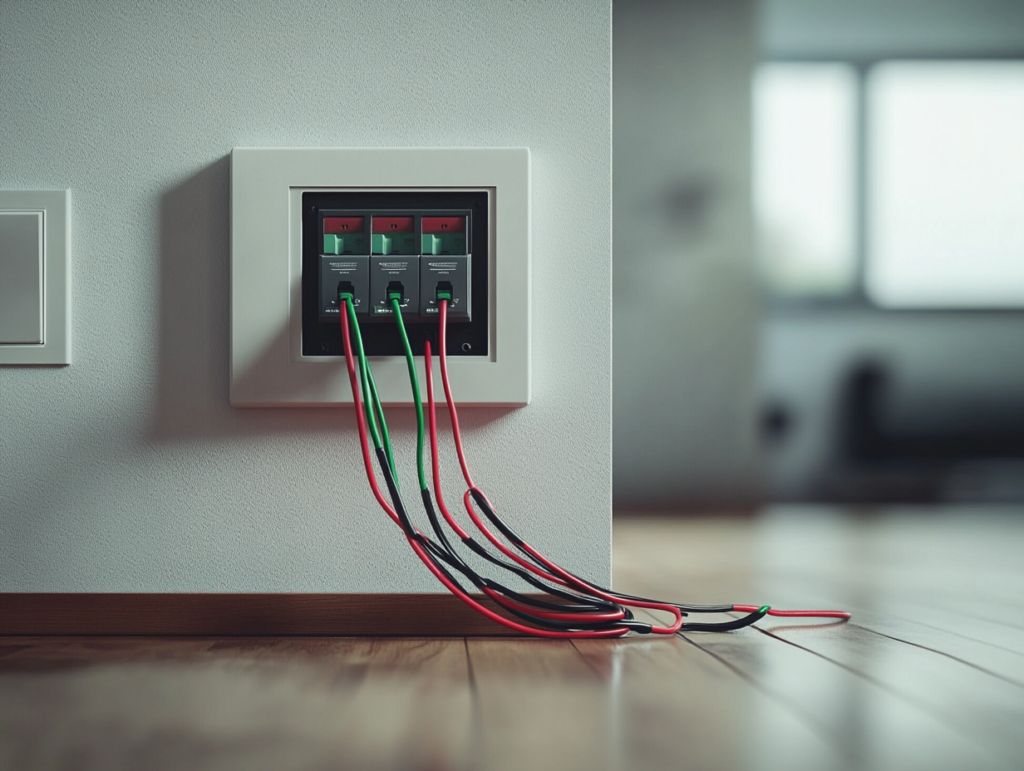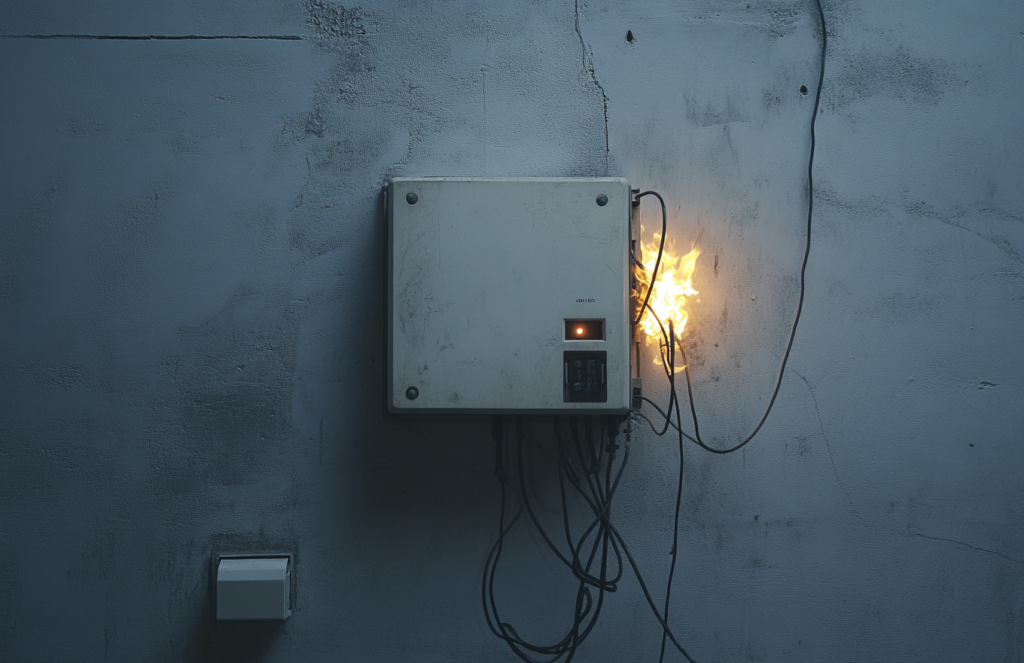
Electrical issues can occur when you least expect them, leading to inconvenient outages, flickering lights, or, worse, potential fire hazards. These problems often go unnoticed until they spiral into expensive repairs or major disruptions to your daily life.
What if you could spot these problems before they escalate? Knowing how to identify and resolve minor electrical faults ensures the safety of your home and saves you from costly repairs down the road. There are telltale signs that hint something is wrong with your home’s electrical system, from buzzing noises to tripping circuit breakers.
Catch these warning signs early and address them with simple fixes before they lead to disasters. With a bit of preventive maintenance and early detection, you can keep your electrical system running safely and smoothly. Whether it’s flickering lights or burning smells, identifying electrical issues before they become major problems is the key to avoiding unnecessary headaches.
We’ll explain the most common electrical issues, how to spot them, and when to call a professional electrician in Tweed Heads.
Common Electrical Problems You Shouldn’t Ignore
Many electrical problems can be spotted before they become severe. Here are the most common signs to look out for in your home:
Flickering or Dimming Lights
Flickering lights often indicate a loose connection or faulty wiring. It may seem like a small issue, but if left unchecked, it can worsen over time, potentially leading to more significant electrical failures. Check your lightbulbs and switches to ensure they are properly connected. It’s time to investigate the wiring to see if the flickering continues.
Frequent Circuit Breaker Trips
Circuit breakers cut off power when a circuit is overloaded, but frequent tripping can be a sign of a more significant problem. Overloaded circuits, short circuits, or even faulty appliances can cause the breaker to trip repeatedly. If your breaker keeps tripping, consider redistributing the electrical load or upgrading your circuit capacity.
Burning Smells from Outlets
A burning smell near an outlet or switch is a serious issue—this often means that wires are overheating, which could lead to an electrical fire. Immediately turn off the power to the affected area and avoid using that outlet until a professional has inspected it.
Buzzing or Humming Noises
If you hear buzzing, sizzling, or humming sounds coming from your switches, outlets, or breaker panel, it could be due to loose wiring, faulty connections, or arcing. This issue requires immediate attention, as it increases the risk of an electrical fire.

Preventing Electrical Problems: Tips for Maintenance
Regular maintenance is essential to keep your electrical system in good health. Here are some preventive measures to avoid electrical issues before they become severe:
Inspect Outlets and Switches Often
Check your outlets and switches for signs of discolouration, overheating, or buzzing. If you notice any issues, address them immediately.
Avoid Overloading Circuits
Spread out high-power appliances like microwaves, space heaters, and air conditioners across different circuits to prevent overloading. Consider upgrading your electrical system if you exceed your circuit capacity frequently.
Install Surge Protectors
Protect your appliances from electrical surges by installing surge protectors. This is especially important during storms or in areas with frequent power outages.
Schedule Regular Inspections
Hire a professional electrician to perform annual inspections of your home’s electrical system. They can spot problems early and perform maintenance to ensure everything is functioning correctly.

Conclusion
Electrical issues don’t have to become major problems. You can keep your home’s electrical system running safely and smoothly by staying vigilant and addressing minor issues as they arise.
If you encounter any of the warning signs we’ve discussed—whether it’s flickering lights, burning smells, or frequent breaker trips—call our team at Blue Ridge Electrical.
A quick fix today could save you from a major headache tomorrow. Remember, if you’re ever unsure about handling an electrical issue, it’s always best to call a licensed electrician for assistance.
